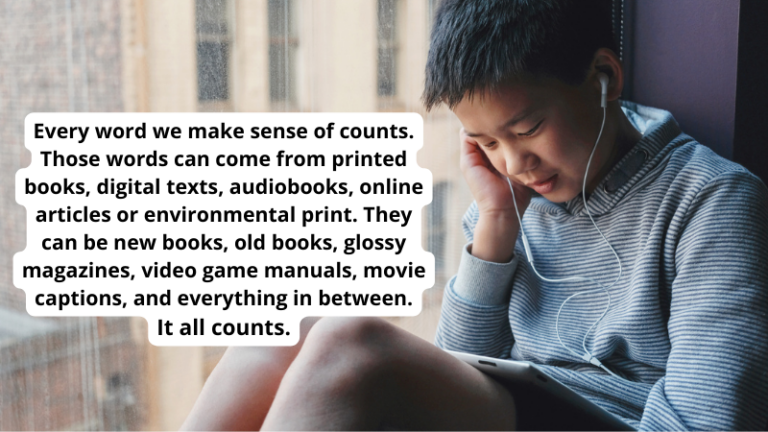Instructional coaches are often brought in to help underachieving teachers. Whether test scores are low or observations are not showing improvement, coaches are used to help struggling teachers remediate and improve their craft. However, in reality, instructional coaches should be used to help all teachers. One of the difficult aspects of the teaching profession is the isolation many teachers experience. There is an expectation that teachers can go in their classrooms, close the doors, and teach their content without a hitch. This is not the case. The best student outcomes, greater teacher retention, and high quality instruction comes when teachers are supported and invested in. Here’s why even the best teachers and schools can use an instructional coach.
Instructional coaches can act as a sounding board.
I know I have always felt better about my plans when I’ve had another teacher act as a sounding board. Heck, sometimes I’ve even had students listen to ideas and give me their feedback. A coach can be helpful in this way because he or she has time built into their schedule for this purpose. Whereas fellow teachers are busy planning their own classes, grading essays, or checking math problems, the coach has a willing and able ear. An instructional coach can act as a sounding board for individual teachers or teams of teachers who have an idea they want to flesh out but are not sure how to approach it.
Instructional coaches can provide a different perspective.
An instructional coach can provide a fresh perspective, one similar to that of the students. For example, before becoming an instructional coach, I taught English. So when I am asked to assist in a math class, I can truly relate to students lack of experience. Therefore, I can look at a lesson or idea from multiple perspectives. There is the pedagogical perspective; good teaching is good teaching regardless of the subject. I can also view it from a student perspective, and can provide strategies the teacher may not have thought of. Not only that, but the coach has no agenda beyond doing what’s best for the students. This means the teacher can count on the coach providing helpful support from a neutral position.
Instructional coaches can provide an extra pair of hands in the classroom.
An instructional coach can play several different roles in the classroom. Sometimes teachers want to attempt something new or avoid doing something because it is difficult to manage. This is where an instructional coach can be a huge assistance. For instance, a coach can assist a teacher with classroom management when trying out stations for the first time. They can guest-teach a lesson that the teacher feels unsure about, or model a new technology to help the teacher and students get comfortable. Some coaches will even cover a class so the teacher can observe or collaborate with another teacher.
Instructional coaches can provide personalized professional development.
We’ve all been to conferences where we get excited about all the new things we want to try in our classrooms and schools. We optimistically plan to change everything. Then, we return to school and forget or just defer the amazing dreams we had at the conference. This is when you call your instructional coach! He or she can help you make those dreams a reality. Whether you need a sounding board, fresh perspective, collaborative partner, or just a cheerleader, a coach can help teachers set goals, work toward them, and reflect on the process. This way teachers do not have to try to implement new ideas in isolation as they so often have to do.
Instructional coaches can help teachers grow.
The best teachers are those who are constantly questioning their practice and reflecting on how to improve. The best teachers and teams of teachers want to grow. A coach can help teachers and teams set goals and support them while they work towards those goals. The instructional coach helps teachers research and implement new ideas, provide resources, or co-teach lessons. There are no limits to how a coach can help even the most effective teams grow as practitioners.
Our students deserve the best teachers, right? And yet so often we do not having enough time, support, or resources to serve our students well. Instructional coaches help fill that gap, and play an instrumental role in helping schools, both low and high achieving, reach their absolute highest capacity for helping students.
Join the great conversations going on about school leadership in our Facebook groups at Principal Life and High School Principal Life.

